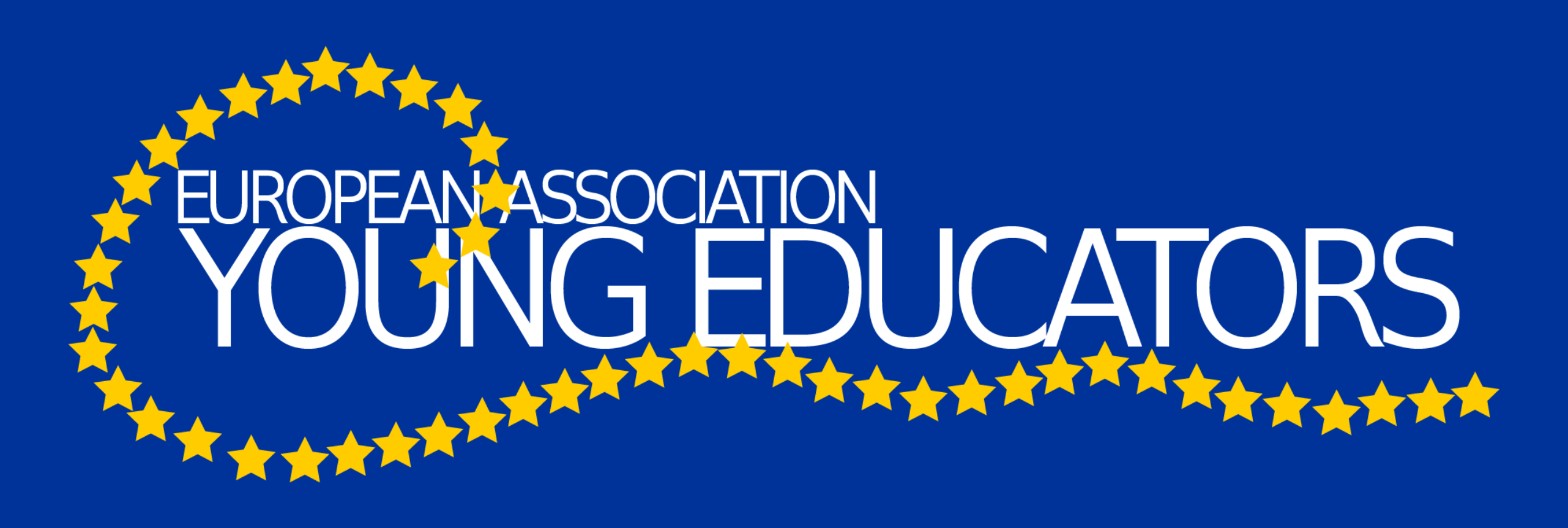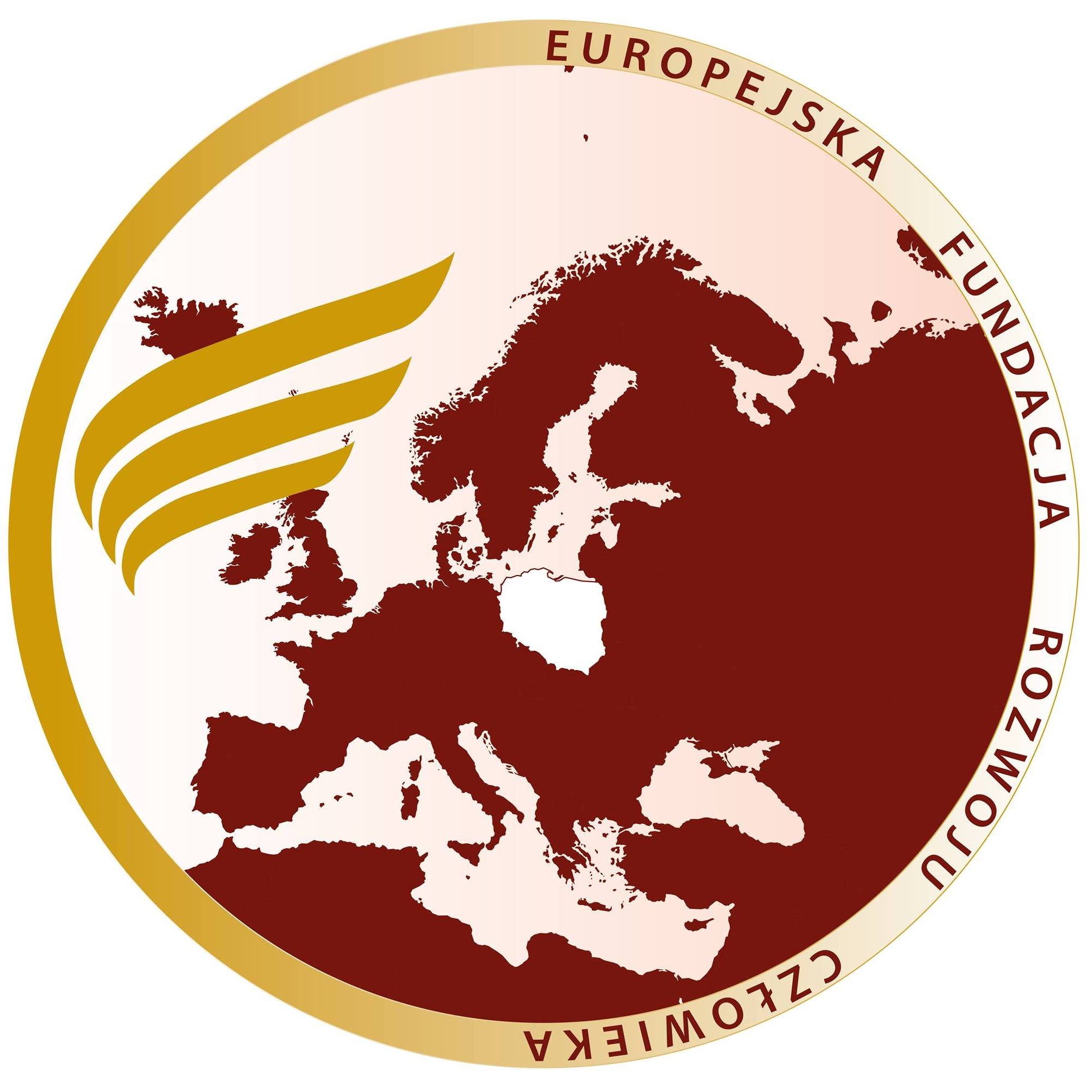
Source: RIA Novosti archive, 1987
Mikhail Gorbachev was born on March 2, 1931, in Russia. He was the Secretary General of the Communist Party of the Soviet Union, between 1985 and 1991, and the President of the Soviet Union, between 1990 and 1991. He also received the Nobel Peace Prize in 1990, for his contribution to the end of the Cold War. It was with Gorbachev that the Soviet Union was dissolved in 1991.
In 1952, Gorbachev got into college to study Law and, at the same time, he became a member of the Communist Party. He graduated in 1955 and he held various positions in the Communist Party Youth Organization, known as Komsomol, and in regular party organizations, becoming First Secretary of the regional Party Committee in 1970. In the following year, he was chosen as a member of the Committee Central of the Communist Party of the Soviet Union. In 1978, he became the Secretary of Agriculture of the Party. A year after, Gorbachev became a candidate to the Politburo and a full member the following year.
Mikhail Gorbachev was elected Secretary General of the Communist Party in 1985 and President of the Soviet Union in 1990. During his tenure, Gorbachev created policies such as Glasnost and Perestroika, which started in the late 1980s. The first intended to be a policy of open discussion of political and social issues, especially in terms of freedom of expression and information, and the second, a program to redevelop politics and economy.
In foreign policy, Gorbachev maintained close relationships with some western political leaders, such as Ronald Reagan, Margaret Tatcher or Helmut Kohl. It should be noted that Gorbachev played an important role for the end of the Cold War, for the fall of the Berlin wall and for German reunification.
References
Taubman, W. (2017). Gorbachev: His Life and Times. UK: Simon & Schuster.
Brown, A. (1997). The Gorbachev Factor. UK: Oxford University Press.
Gorbachev, M. (1997), Memoirs, New York: Bantam.








